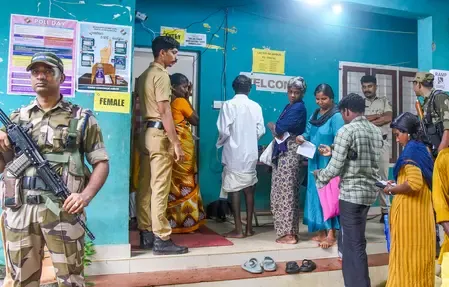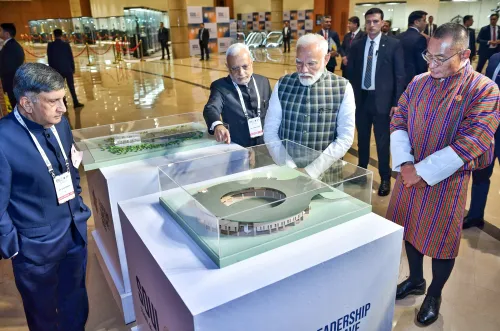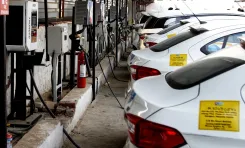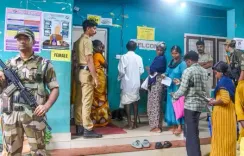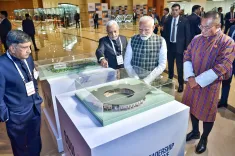Are There 10 Special Courts Speeding Up Criminal Trials for MPs and MLAs?
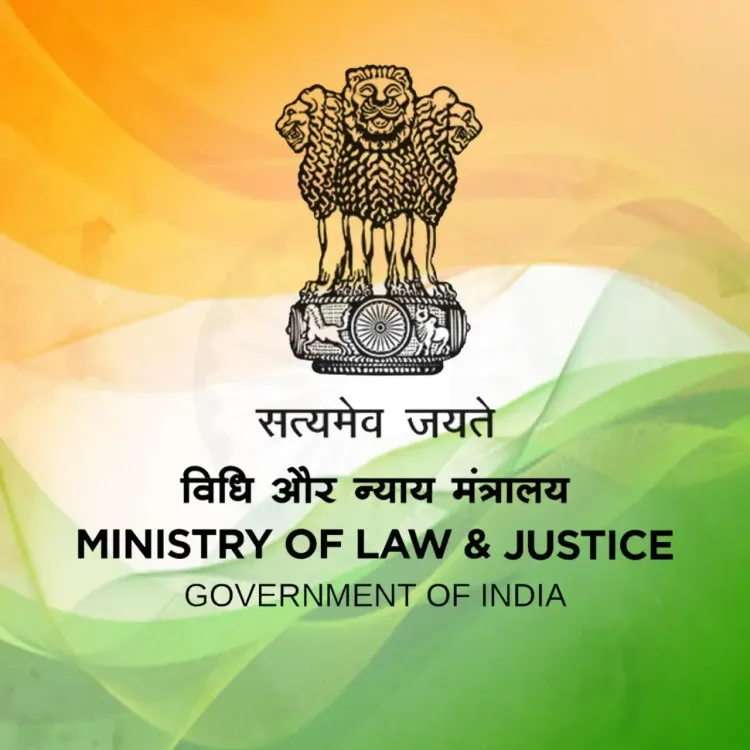
Synopsis
Key Takeaways
- 10 Special Courts are operational in nine States and Union Territories.
- Established following a Supreme Court directive in 2017.
- Prioritize cases based on the severity of the offense.
- Government allocated Rs 1,123.40 crores for judicial infrastructure in 2024-25.
- Over 3,34,000 cases have been resolved by Fast Track Special Courts since inception.
New Delhi, July 27 (NationPress) Currently, there are 10 Special Courts operating across nine States and Union Territories aimed at expediting criminal proceedings involving elected officials such as Members of Parliament and legislators, as per data from the Ministry of Law and Justice.
These courts were established following a Supreme Court directive in 2017 to the Union government to create Special Courts dedicated solely to handling criminal cases against MPs/MLAs, modeled after Fast Track Courts (FTCs).
Initially, 12 Special Courts were set up in 11 States/UTs, but now only 10 remain active across 9 States/UTs, including Uttar Pradesh, West Bengal, Madhya Pradesh, Maharashtra, Karnataka, Andhra Pradesh, Telangana, Tamil Nadu, and Delhi (NCT).
In an effort to enhance judicial infrastructure for speedy trials, the Ministry reports that under the Centrally Sponsored Scheme for judicial infrastructure, the government allocated Rs 1,123.40 crores for 2024-25 and Rs 1,051 crores for 2023-24.
For 2025-26, an allocation of Rs 998 crores has been made, out of which Rs 50.48 crores have been utilized as of June 30, 2025.
Earlier in 2023, expressing concern over the slow pace of trials in these Special Courts, the Supreme Court issued comprehensive guidelines to High Courts aimed at accelerating criminal cases against lawmakers.
The apex court instructed High Courts to initiate a suo-motu case to oversee the progression of these cases.
A Special Bench of the High Court, led by the Chief Justice or a designated bench, is tasked with hearing the suo-motu case and issuing necessary orders for timely resolution.
The Special Courts designated to adjudicate cases involving elected officials are required to prioritize cases based on the seriousness of the offense.
According to this prioritization, criminal cases carrying the death penalty or life imprisonment are to be addressed first, followed by those with a punishment of five years or more, and then other cases.
The establishment of these 10 Special Courts for hearing criminal matters against MPs and MLAs is part of a proposal from the Fourteenth Finance Commission aimed at instituting fast track courts for serious crimes, including those involving senior citizens, women, and children.
As of June 30, 2025, Minister of State (Independent Charge) for Law and Justice Arjun Ram Meghwal informed the Lok Sabha that a total of 865 Fast Track Courts are currently operational across the nation.
These 865 FTCs, distributed among 21 States/UTs, face a backlog of 14.38 lakh cases as of June 30, 2025.
The Minister stated that the Central government has endorsed a Centrally-Sponsored Scheme for the establishment of Fast Track Special Courts (FTSCs) nationwide, aimed at swiftly addressing pending cases of rape and under the POCSO Act.
As of June 30, 2025, there are 725 FTSCs in operation, including 392 exclusive POCSO (ePOCSO) Courts, which have resolved over 3,34,000 cases since their inception.


